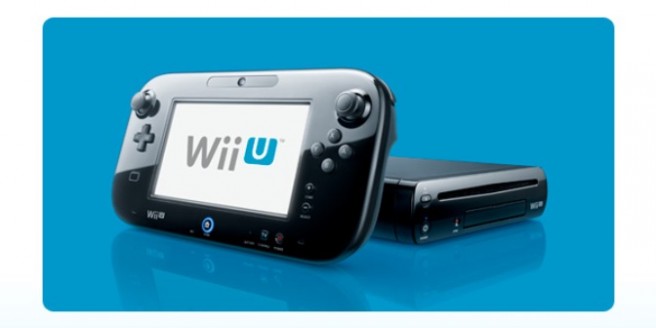Iwata says a single game can influence a system’s fate, will work hard to give Wii U momentum
Nintendo president Satoru Iwata closed out the company’s investor briefing last week by expressing continued dedication to Wii U. His comments came about when one investor questioned the console’s ability to reach a higher level of sales in future fiscal years.
In his response, Iwata recounted how the Game Boy was in a slump before the introducing of Pokemon. He said, “the Pokemon game singlehandedly changed the landscape of the system, which then started to show the strongest sales in the lifecycle of the system.” Iwata’s comment suggests that Wii U could experience something similar if a strong title is introduced.
Regarding Wii U, Iwata did mention that Nintendo “would like to work hard to make sure that we give sufficient momentum to the system so that we can expect good results in and after the next fiscal year”.
As always, you can find Iwata’s full comments below.
As for Wii U, we estimated 9.00 million units of hardware in sales in the last fiscal year, but many of you must be aware of the actual results, and the Wii U market has experienced a sharp downturn. In order to recreate momentum and sell 5.00 million or 10.00 million units of hardware annually, there are indeed challenges that we must overcome. And in the face of these challenges, announcing more optimistic figures before we actually release the Mario Kart and Super Smash Bros. titles to consumers, would not be compatible with our original stance to provide rather conservative figures, so once again we set our estimates by considering how much we could realistically hope to achieve with our software lineup. The fate of a video game system is often influenced greatly by the introduction of a single title. As many of you probably remember, before the release of the Pokémon game, Game Boy had been showing slow growth, and many people wondered whether it was the end of Game Boy. But the Pokémon game singlehandedly changed the landscape of the system, which then started to show the strongest sales in the lifecycle of the system. As I explained back in January, it is true that we cannot draw up a good business plan for Wii U by assuming that Wii U will sell more than Wii did. Therefore, we will need to think very carefully about the balance of revenue and expenses and try to operate by controlling overall costs. On the other hand, we do not believe that this year’s estimate of 3.60 million units of Wii U hardware will be the peak of its lifecycle, and we would like to work hard to make sure that we give sufficient momentum to the system so that we can expect good results in and after the next fiscal year, too. However, as for this fiscal year, as I explained before, the figures you see have been determined by rather conservative estimates.
